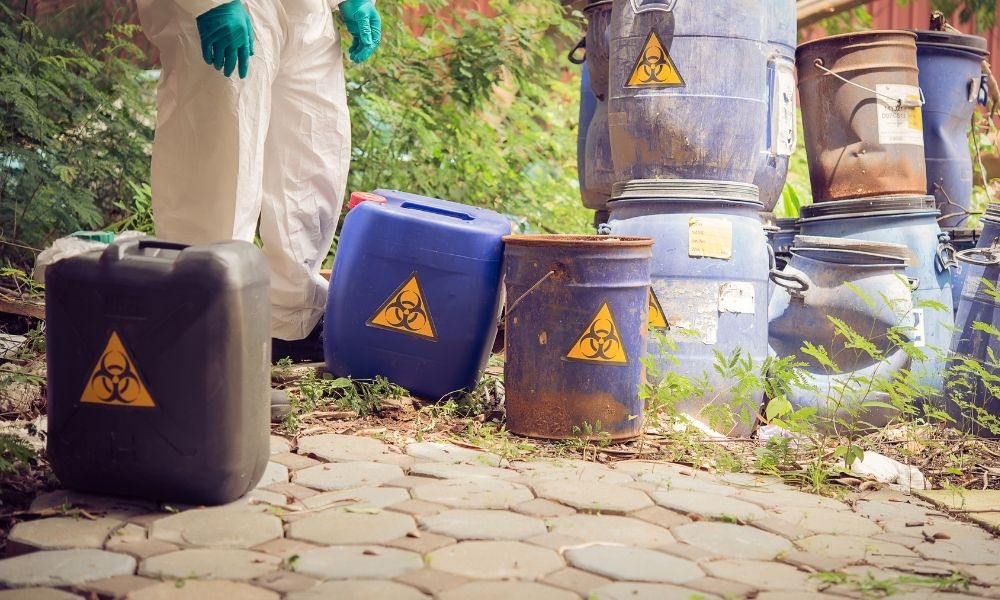The Negative Environmental Impact of Radioactive Waste

While we often hear that nuclear energy is good for the environment due to its producing zero carbon emissions during production, it does have its drawbacks. While nuclear power plants produce massive amounts of energy, they also release radioactive waste. Keep reading to learn about the negative environmental impact of radioactive waste.
Water
Possibly the most pressing issue related to radioactive waste is the risk of contaminating water sources. Chemicals dumped into waterways endanger water sources, which can then no longer be used for drinking or farming. Humans downstream are also at risk due to water contamination. In 2014, a facility in Charleston, West Virginia, had a leak in their storage tank that poured crude 4-Methylcyclohexanemethanol into the Elk River. A clean water shortage plagued over 300,000 people for a whole week. All of this could have been avoided if they had used proper radioactive waste disposal.
Soil
Soil has pores that allow chemicals to flow through and infiltrate aquifers. It only takes a minor spill to swiftly create a major catastrophe. The worst part is that the damage from this kind of thing could go unnoticed for a while. Humans create another form of hazardous waste, one that often gets mishandled and leaves us susceptible to a variety of human diseases. Further, mercury and lead, among other dangerous chemicals, put a great deal of strain on human health, especially on the youngsters of today. Accumulating in tissue, building up over time, and causing cancer, convulsions, poisoning, and death, they are often more fatal than other causes of death.
Humans and Animals
The faster the rate of cell division, the more susceptible the cell is to significant harm. The fast-dividing cells in the gut are especially at risk, as are those in marrow and lymphatic tissue. Radiation can make you have uncontrollable diarrhea, vomit, bleed internally, have anemia, get exhausted, sterilize you, and kill you. Being exposed to elevated amounts could also result in serious DNA damage and cell mutations that can lead to cancer. In the same way that many clinical trials and tests are run, studies have been done extensively on mice. While it may not seem like it, mice have incredibly similar genetic, biological, and behavioral characteristics to humans, and it is believed that the effects are the same on both species. Because of the danger this poses to virtually every species on the planet, this is the biggest negative environmental impact of radioactive waste.





